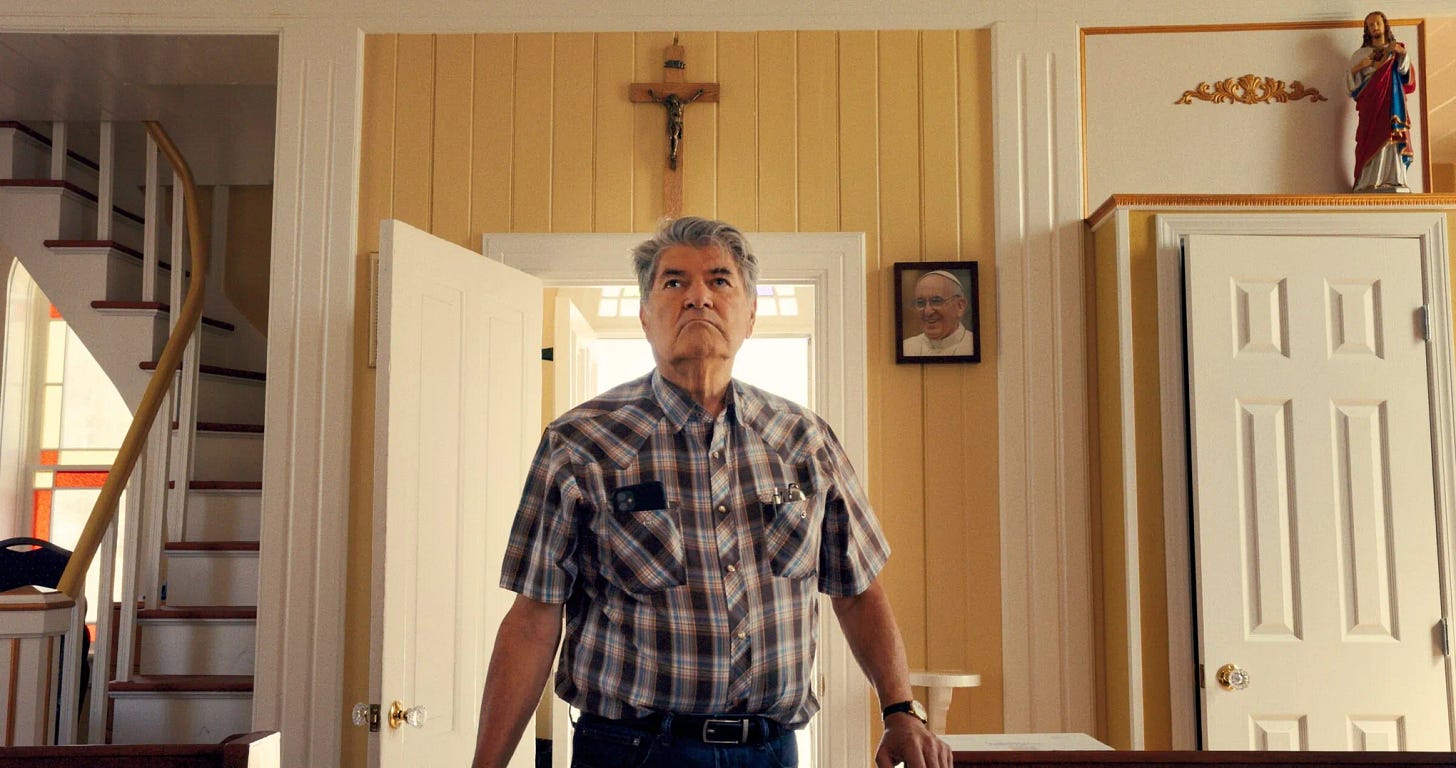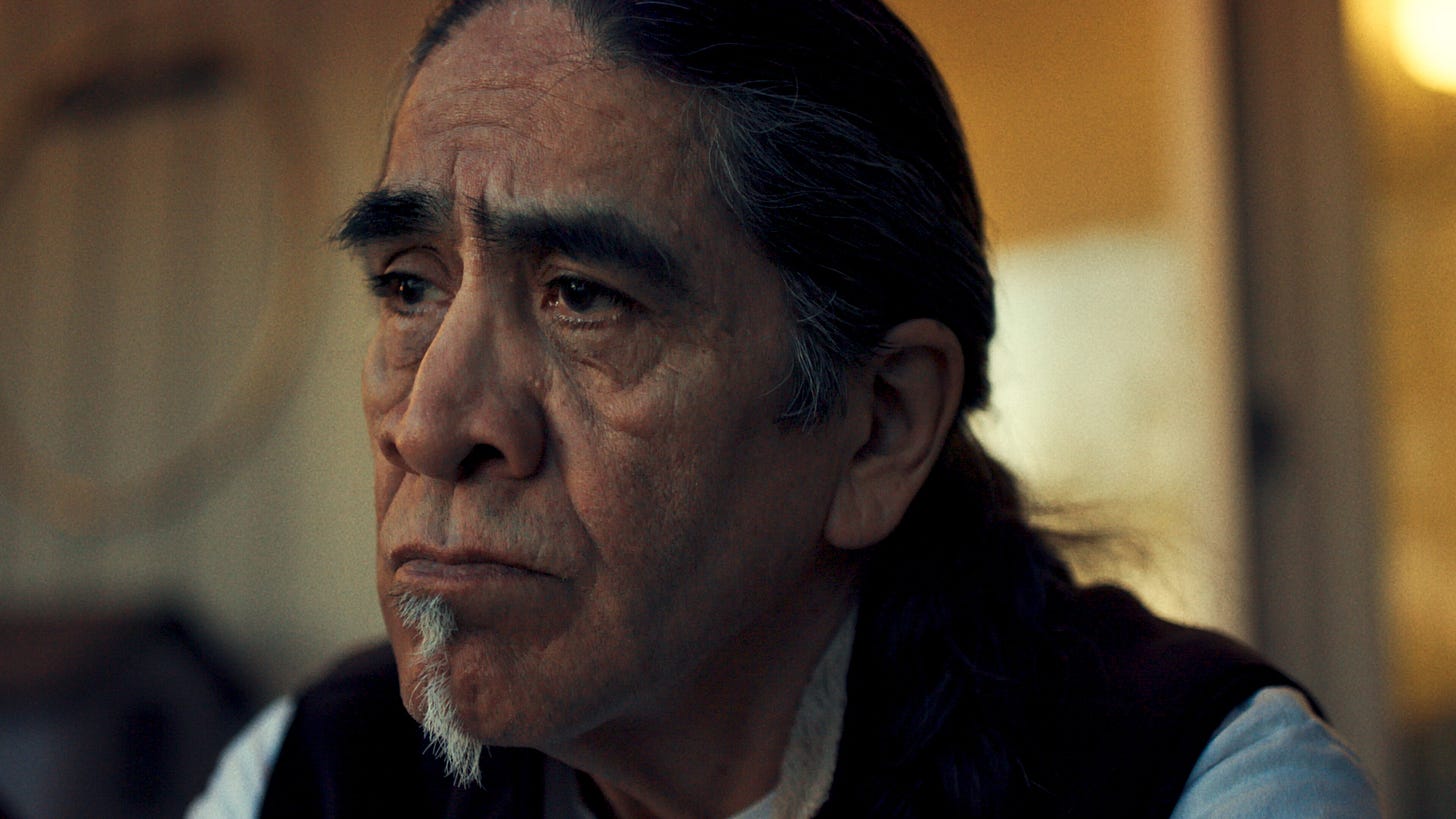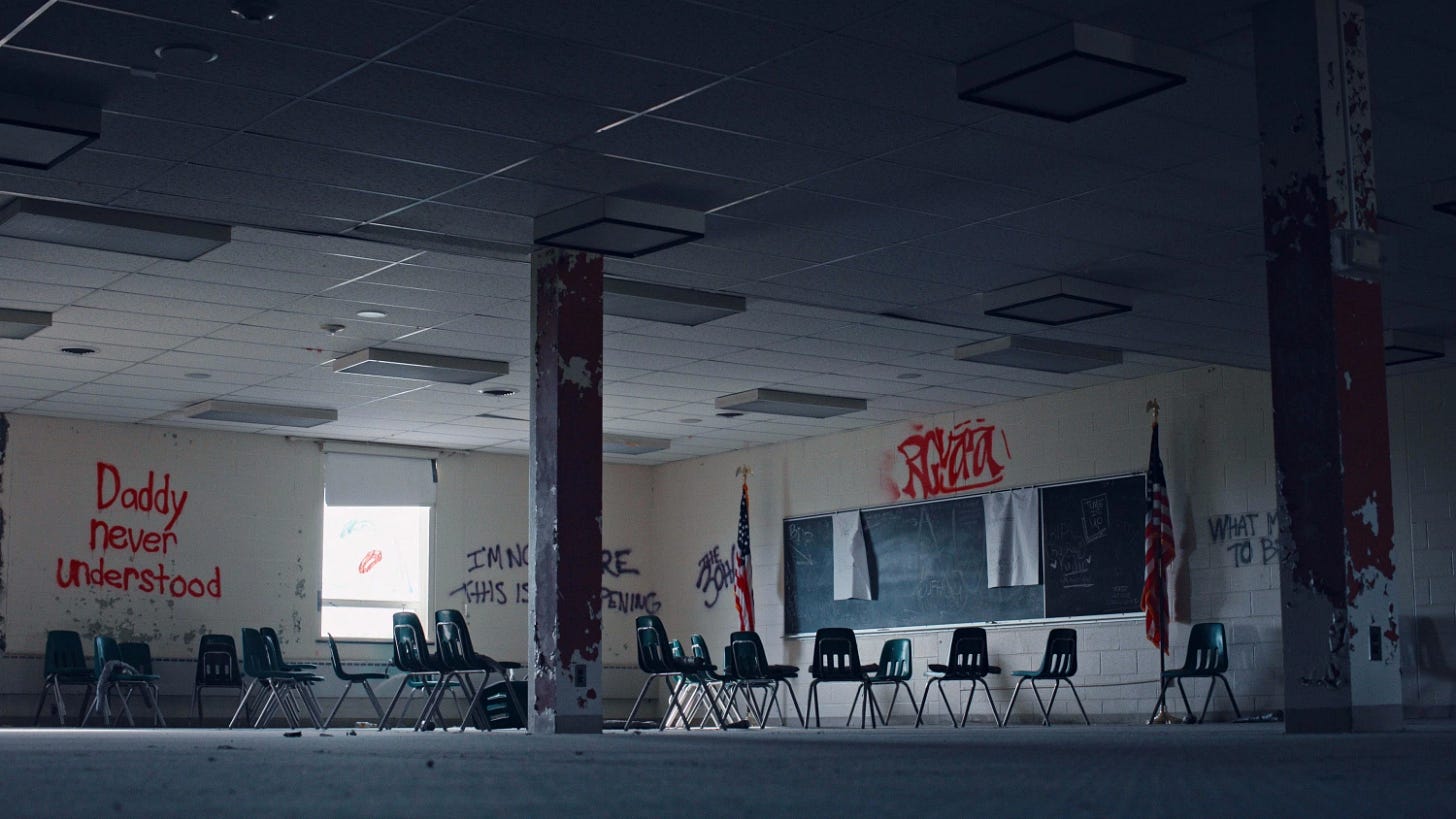Systemic Abuse at Boarding Schools
Cult Dynamics, Organized Crime, and the Lingering Trauma
Boarding schools have long been seen as institutions of privilege, discipline, and rigorous academics. Yet, behind their polished façade, many of these institutions have harbored environments rife with systemic abuse, psychological manipulation, and deeply ingrained secrecy. Connections between the abusive practices at these schools, the dynamics of cults, and even organized crime networks have come to light, fueled by investigations and testimonials from survivors. The Hulu documentary Sugarcane and the Netflix feature The Program have shed harrowing light on these parallels, revealing how such abuse leaves indelible scars on the mental health of victims, devastates family relationships, and enables cycles of exploitation and cover-up.
Boarding schools often operate in isolated settings, physically and socially removed from the oversight of the broader community. This isolation fosters a culture of control, where administrators, staff, and sometimes even senior students wield unchecked power over others. Rules and traditions are enforced with militaristic rigor, and dissent is discouraged or punished. These conditions create a perfect storm for abuse, enabling perpetrators to act with impunity and victims to be silenced.
In Sugarcane, survivors of abuse recount how these schools established environments where emotional, physical, and sexual assault were normalized under the guise of discipline or personal development. Similarly, The Program explores how institutions aligned with sports-focused boarding schools used the promise of athletic success to justify a system of exploitation that mirrored the dynamics of a cult.
The parallels with cult-like structures are unmistakable. Abusers often employ psychological manipulation to isolate victims, eroding their sense of autonomy and instilling fear. They foster an "us versus them" mentality that makes it difficult for victims to seek outside help, and they manipulate family dynamics to secure compliance.

Cults thrive on secrecy, loyalty, and the erosion of individuality. Boarding schools accused of systemic abuse often display these same characteristics. Administrators and abusers within these schools cultivate loyalty through promises of a better future, elite education, or success in a chosen field. At the same time, they stifle dissent through intimidation, gaslighting, and coercive control.
In The Program, athletes speak of the relentless pressure to conform and submit to the authority of coaches and staff. Survivors describe how complaints about abuse were dismissed as "weakness," and those who spoke out faced retaliation, including expulsion or the loss of scholarships. This mirrors the cult tactic of punishing defectors while rewarding compliance, ensuring that victims feel trapped within the system.
Similarly, Sugarcane documents how students at a prestigious arts-focused boarding school were subjected to abuse by faculty members who claimed their methods were necessary to unlock the students' potential. Victims were groomed to believe they were "special" for enduring such treatment, a hallmark tactic of cult leaders who exploit vulnerabilities to gain control.
"I went to Interlochen Arts Academy as a young Black scholarship student who wanted to make her mark on the world. I left understanding how colonialism insidiously creeps into institutions that say they are meant to support those, like young artists, who don't feel they fit in the world. The mental torture the staff and students put me through was unbearable, and the standards they set for those on the margins and who receive scholarships is inhumane and unfair. They brought us to the houses of our "sponsors" without making our parents aware, forcing us to have intimate experiences with those who funded our scholarships without our parent's consent, one of the many ways that the school provides access to young students to wealthy white donors. Many people have spoken out against this boarding school which is still considered one of the most prestigious and presides as one of the most exclusive and profiting boarding schools in the nation, while Jeffery Epstein owned a CABIN on campus and sourced girls from this school, funding the Motion Picture Arts major that has a vastly different luxury look and feel than any of the other dorms or facilities on campus. My time at Interlochen, while educational on the creative market as it exists today, was also traumatic and deeply engulfed with the racism and bias of it's surrounding areas in Northern Michigan." - victim of systemic abuse
The connection to organized crime emerges when considering how some boarding schools protect abusers and suppress investigations. These schools often wield significant influence, leveraging their networks of wealthy alumni, donors, and political connections to avoid scrutiny. Financial motivations can also play a role, as exposing abuse scandals could jeopardize funding and enrollment.
In Sugarcane, investigative journalists uncovered evidence that certain staff members had ties to illicit activities, including human trafficking and financial fraud. This demonstrates how systemic abuse is not just an isolated issue but part of a broader pattern of exploitation that extends beyond the school walls.
The Program takes this a step further, exposing how some schools colluded with sports organizations to cover up abuse allegations in exchange for lucrative endorsements and partnerships. Survivors described how perpetrators were quietly reassigned or allowed to resign without consequences, enabling them to continue their predatory behavior elsewhere. These patterns bear striking similarities to the tactics used by organized crime networks to protect their members and maintain power.

The impact of systemic abuse on victims cannot be overstated. Survivors often endure long-term mental health challenges, including post-traumatic stress disorder (PTSD), depression, anxiety, and substance abuse. The manipulative tactics used by abusers frequently lead to feelings of shame and self-blame, making it difficult for survivors to seek help.
In Sugarcane, survivors recount how their mental health deteriorated in the aftermath of the abuse. Many struggled with nightmares, flashbacks, and suicidal ideation. One survivor described how the culture of silence at their school left them feeling "invisible," as though their pain did not matter.
Family dynamics are often profoundly affected as well. Boarding schools frequently position themselves as surrogate families, encouraging students to distance themselves from their parents. This isolation can strain relationships, particularly when families are unaware of the abuse or dismissive of the survivor's experiences. In The Program, one survivor revealed how their parents initially refused to believe their account of abuse, having been "completely sold" on the school’s reputation and promises.
The betrayal experienced by victims often extends beyond the abuser to the institution itself and, in some cases, their own families. This layered trauma compounds the difficulty of recovery, as survivors must navigate feelings of abandonment and distrust in addition to their personal suffering.

The abuse at boarding schools takes many forms, each leaving its own scars. Physical assault is often justified as "discipline," with punishments that cross the line into outright brutality. Sexual assault, perpetrated by staff or older students, is enabled by the lack of oversight and the culture of silence. Emotional abuse, though less visible, is equally damaging, eroding victims' self-esteem and sense of identity.
In Sugarcane, survivors recount horrifying instances of sexual abuse by faculty members who used their positions of authority to exploit students. These accounts reveal a pattern of grooming, where victims were gradually manipulated into situations where they felt powerless to resist.
The Program highlights the toll of emotional abuse, particularly on young athletes who were berated, humiliated, and threatened with expulsion if they failed to meet the unrealistic expectations of their coaches. Survivors describe how this constant pressure shattered their confidence and left them questioning their worth.
The revelations in Sugarcane and The Program underscore the urgent need for systemic change. Addressing the issue of abuse at boarding schools requires dismantling the structures that enable it: the culture of secrecy, the lack of oversight, and the prioritization of reputation over accountability.
Survivors and advocates are calling for stricter regulations, independent investigations, and greater transparency in how these institutions operate. Some are also pushing for trauma-informed approaches to education, ensuring that students' well-being is prioritized over rigid discipline and performance metrics.
For survivors, healing is a long and complex journey. Many find solace in connecting with others who have shared similar experiences, breaking the isolation that abusers rely on to maintain control. Therapy, advocacy work, and creative outlets can also be powerful tools for processing trauma and reclaiming a sense of agency.
The documentaries Sugarcane and The Program have played a crucial role in amplifying survivors' voices and bringing these issues into the public eye. By shedding light on the systemic nature of the abuse, they have sparked important conversations about accountability and the need for reform.
Ultimately, the fight against systemic abuse at boarding schools is about more than just addressing past wrongs. It is about creating a future where students can learn and grow in environments that are safe, supportive, and free from exploitation. Only by acknowledging the depth of the problem and committing to meaningful change can we begin to break the cycles of abuse and ensure justice for all.
To the survivors of boarding school abuse, and to anyone who has endured similar experiences, your pain is valid, and your voice matters. The journey to healing can be daunting, but you are not alone. There is strength in speaking out, and there is hope in the solidarity of others who understand your struggle. May your stories inspire the change needed to create a world where no one has to endure what you have suffered.











Hadn't heard of these documentaries.
ThankYou for raising my awareness.